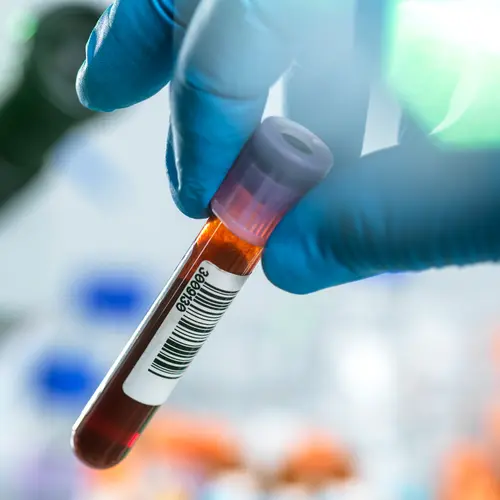You can have a fulfilling sex life if you have genital herpes, even though it may be more complicated than it was before your diagnosis. Now, you must be careful about what you do and when you do it.
Avoid these sexual activities when you have sores on your genitals, or when you feel a herpes outbreak coming on:
Between outbreaks, it's OK to have sex, as long as your partner understands and accepts the risk that they may contract herpes. For example, as long as you don't have herpes sores on your mouth, you can perform oral sex on your partner, including when you have an outbreak of genital symptoms.
But your partner can be infected with herpes even when you don't have symptoms or sores. To help prevent that, always use a latex condom for vaginal sex, anal sex, and receiving fellatio. Condoms are not guaranteed to prevent infection, but research has shown that they provide some protection. Use a dental dam for cunnilingus and analingus.
Otherwise, use your imagination. There are many ways people can express themselves sexually without having genital-to-genital or mouth-to-genital contact. Exploring them can enrich your sex life and make up for having to avoid other activities because of genital herpes. Consult a health care professional if you have any doubts about what's safe and what is not.
For example, you could try mutual masturbation, which poses almost no risk: You could masturbate together -- side by side, facing each other, or back to back -- or masturbate each other manually. Just make sure you don't have any broken skin on your hands, and wash hands with soap and warm water afterward. Also, never touch a herpes sore and then touch your partner, and make sure no bodily fluids could be exchanged by accident. If you and your partner like vibrators or dildos, you could try using them on each other. Make sure you wash the toy before and after, and don't share it.
A Drug for Genital Herpes May Be Right for You
You might also consider taking antiviral drug therapy for genital herpes to reduce the amount of virus you shed. A recent study shows that daily suppressive therapy (taking a drug daily to sharply reduce the frequency of outbreaks) may help keep your partner from being infected. (You should still use a condom, however, because suppressive therapy is just 50% effective in preventing transmission.)
Daily therapy isn't the only option, or necessarily the best one for you. If your outbreaks are few and far between, you might set your mind at ease by keeping a supply of antiviral pills that you could take in case of a flare-up. Ask your doctor if you could benefit from taking medication for genital herpes.
Another consideration may be that the friction of sex could irritate the skin and trigger outbreaks. If that's a problem for you, try using a water-based sexual lubricant. K-Y jelly and AstroGlide are two brands available at many drugstores.
Don't use an oil-based lubricant, however, because the oil can break down latex. Also, do not use a lubricant containing the spermicide nonoxynol-9. Nonoxynol-9 may cause tiny rips in mucous membranes (such as those on the genitals) that can let viruses like herpes and HIV enter the body more easily.
For more guidance, see these three articles:

